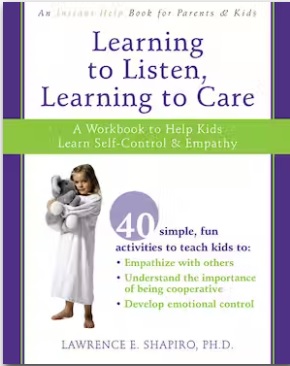Rules in School
About This Technique
The Rules in School Game is designed to teach children the importance of following rules. It’s a fun way to talk to children about rules and to avoid preaching or coming off as a disciplinarian. The game is best used as an adjunct to a behavior program, such as a positive point system. Additional training for parents and teachers may be necessary to help them proactively deal with chronic problem behaviors.
About This Room
This game can be played by 2 to 4 players. Players roll the dice, move their pawns, and pick a card when they land on a space with a question mark. They use the counter to keep track of points.
The game can be played during a telehealth session, or in front of a computer or whiteboard. Players get points by answering the questions, and we suggest that the therapist or counselor provide small prizes or treats that can be used when children earn points. The points earned in the game can also be combined with points earned in a behavior program.
Using the Elements in Other Rooms
The Rules in School card game can be used in other rooms you create for your young clients. You may want to combine it with other Elements to teach children self-control, anticipating consequences, learning to think before they act, and so on.
Forms from the Between Sessions Library
These Forms and Worksheets are from the Between Sessions Library. You may wish to search for more tools for childhood behavior problems.
-
Functional Behavior Assessment
-
Helping Your Child with Daily Transitions
-
Am I a Bully?
-
Handling Frustration
-
My Behavior Contract
-
Thinking About Your Behavior
Resources on Behavior Problems in Children
Websites
Behavior problems in children can fall into several categories, including ADD, Oppositional Defiant Disorder (ODD), and Conduct Disorder (CD). You can find more information about these diagnoses at the following websites;
Training




